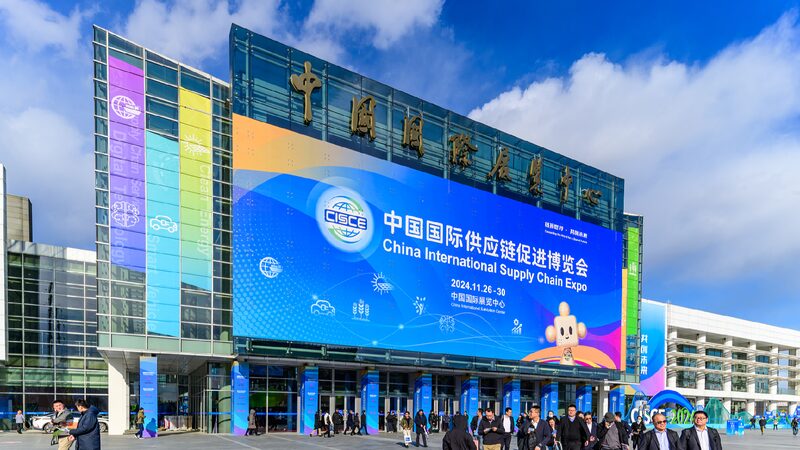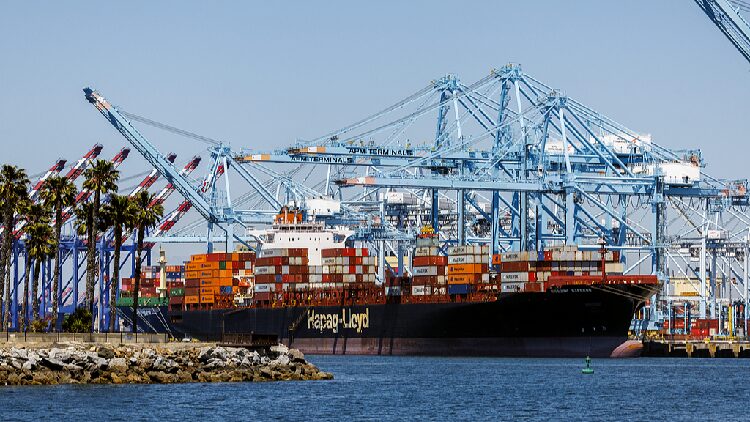In recent years, the global economy has grappled with the challenges of trade protectionism and the idea of decoupling supply chains. Some nations have considered severing economic ties to bolster national security or reduce reliance on others. But is cutting off industrial and supply chains really the solution?
Trade protectionist measures, such as imposing high tariffs on imports, have often backfired. They can lead to increased costs for imported goods and raw materials, placing extra burdens on businesses and raising living expenses for ordinary people. Studies have shown that the majority of these costs end up being shouldered by consumers, leading to inflation and decreased purchasing power.
The complexity and interdependence of global supply chains make it nearly impossible for a single country to produce everything it needs. Attempting to sever these connections doesn’t enhance security; instead, it hampers innovation and economic growth. Industries like technology and aviation have already experienced disruptions, highlighting the drawbacks of isolationist policies.
Amid global challenges like geopolitical tensions and climate change, collaboration is more crucial than ever. Addressing issues such as the climate crisis, energy sustainability, and digital development requires countries to work together rather than apart.
Events like the China International Supply Chain Expo (CISCE) showcase the benefits of global cooperation. By bringing together companies and experts from over 100 countries, the expo emphasizes the importance of connected supply chains and shared prosperity. Such platforms demonstrate that mutual collaboration can replace decoupling strategies, leading to economic stability and a brighter future for all.
Reference(s):
cgtn.com








